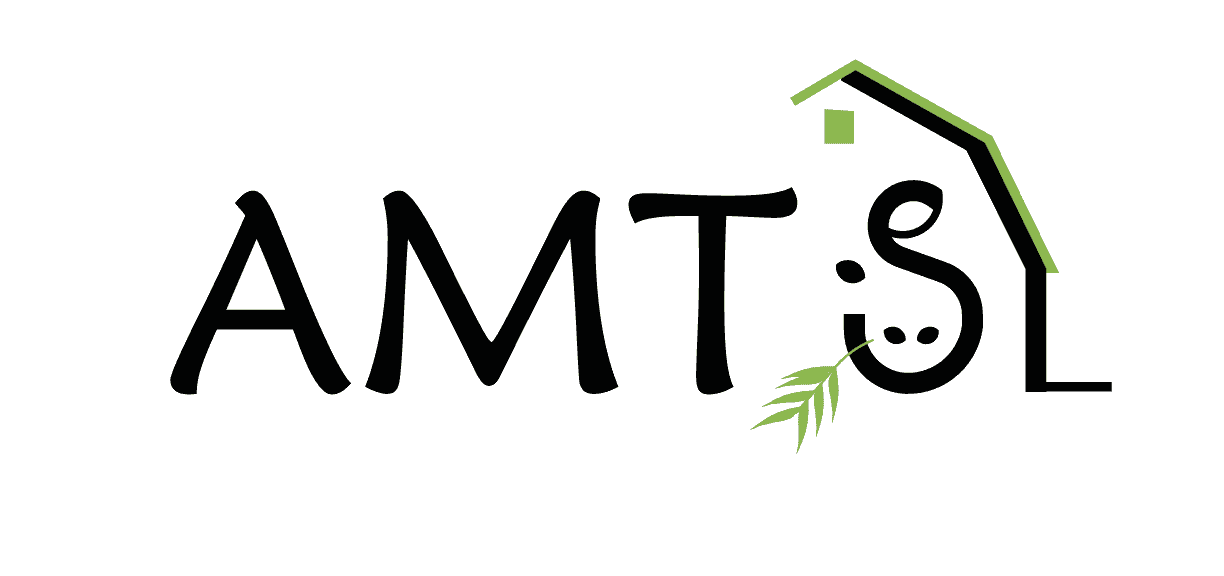Our Academic Initiative helps instructors around the globe teach the most current ruminant nutritional biological principles and enables students to formulate using an up-to-date formulation platform that they may encounter in their careers. We ask the participants to share experiences they have as nutritionists and teachers. One of our partners in this work is Bolivar Nóbrega de Faria from Rehagro in Brazil. He sent us this information about the Brazilian Agricultural Research Corporation, where they are teaching classes with the help of the AMTS Academic Initiative. The following information was supplied by him.
“The Brazilian Agricultural Research Corporation (Embrapa) was founded on April 26, 1973, and is under the aegis of the Brazilian Ministry of Agriculture, Livestock, and Food Supply.

Since our foundation, and with our partners from the National Agricultural Research System, we have taken on the challenge to develop a genuinely Brazilian model of tropical agriculture and livestock to overcome the barriers that limited the production of food, fiber, and fuel in our country.
This effort has helped to change Brazil. Nowadays, our agriculture is one of the most efficient and sustainable ones in the planet. We have incorporated a wide area of formerly degraded Cerrado lands into our production systems; a region that now accounts for nearly 50% of our grain production. We have quadrupled the beef and pork supply and increased the chicken supply 22-fold. These are some of the achievements that took the country from the condition of basic food importer to one of the world’s largest food producers and exporters.
Embrapa Dairy Cattle is one of the 42 Decentralized Units of the Brazilian Agricultural Research Corporation (Embrapa), linked to the Ministry of Agriculture, Livestock and Food Supply (MAPA). The research center was created on October 26, 1974, in the municipality of Coronel Pacheco (MG).
The technical staff is made up of 318 employees, 77 researchers, 76 analysts, 39 technicians and 126 assistants. Among researchers and analysts, 60% have a PhD or postdoctoral degree; 20% master’s degree and 20% specialization or graduation.
The Unit has established itself as a world reference in research for dairy farming in tropical climates. This is a result of innovative knowledge and technologies for the productive sector, which translates into gains for the whole society.
We are researchers at Embrapa Dairy Cattle and we are developing research in the field of nutrition. We have a herd of 1000 animals and different milk productions systems (free satl, tie stall and grazing). As national public research center we welcome visitors from all parts of the world and we have developed products and services for the sustainable production of milk in tropical conditions. We are involved with research in the area of feed evaluation, nutritional requirements and feed efficiency. We are interested in using AMTS software for diets formulation in our milk production systems and for formulation of experimental diets. We can provide information about technical advances with the adoption of AMTS software through reports focused in animal performance and milk composition. As we will use the software to also formulate experimental diets, we will cite the use of the software in the publications of our group.
Below we show five of our recent publications:
KOLLING, G. J. et al. Performance and methane emissions in dairy cows fed oregano and green tea extracts as feed additives. JOURNAL OF DAIRY SCIENCE, v. 101, p. 1-14, 2018.
LEÃO, J.M. et al. Phenotypically divergent classification of preweaned heifer calves for feed efficiency indexes and their correlations with heat production and thermography. JOURNAL OF DAIRY SCIENCE, v. 101, p. 1-9, 2018.
MOURA, A. M. et al. Pasture productivity and quality of Urochloa brizantha cultivar Marandu evaluated at two grazing intervals and their impact on milk production. ANIMAL PRODUCTION SCIENCE, v. 57, p. 1384-1391, 2017.
LAGE, C.F.A. et al. Effect of increasing amounts of milk replacer powder added to whole milk on postweaning performance, reproduction, glucose metabolism, and mammary fat pad in dairy heifers. JOURNAL OF DAIRY SCIENCE, v. 100, p. 8967-8976, 2017.
RIBEIRO, R.S., et al. Tithonia diversifolia as a Supplementary Feed for Dairy Cows. PLOS ONE, v. 11, p. e0165751, 2016.”
Dr Luiz Gustavo Ribeiro Pereira and Dr Thierry Ribeiro Tomich
We are excited that we can help institutions further their research and teaching. If you have more questions about the Academic Initiative and Rehagro teaching in Brazil, please direct them to Mariann.
